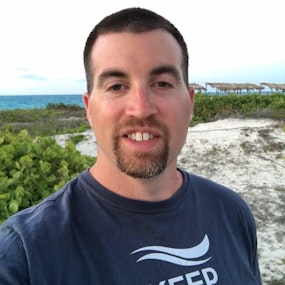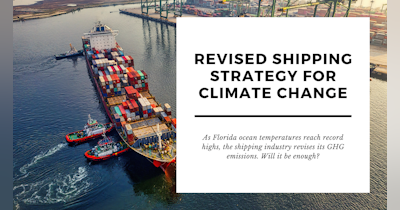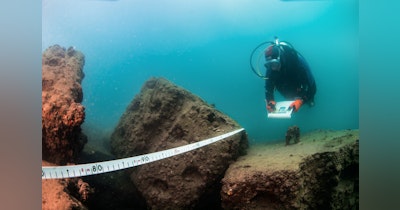The episode emphasizes the value of personal connections and engaging in discussions to build strategies and make progress in ocean conservation. The host highlights the importance of face-to-face conversations and two-way communication, as opposed to the one-way nature of content creation. While content creation allows individuals to speak to their audience, it lacks real-time interaction and engagement. In-person conversations provide an opportunity for individuals to ask questions, have discussions, strategize, and emphasize the importance of building strategies for ocean conservation. By engaging with others in person, it becomes possible to share ideas, gain new insights, and work towards finding solutions to the challenges of ocean conservation. Additionally, effective communication in conservation science is ultimately about behavior change and getting people to understand the ocean. By connecting with individuals in person and allowing them to make decisions based on their newfound or reaffirmed information, progress can be made in protecting and conserving the ocean.
The episode also discusses the growing trend of using platforms like TikTok for science communication and marine conservation. While some may feel overwhelmed by the need to learn new platforms, the younger generation is already using them regularly to communicate and engage in various activities. The guest notes an increase in job opportunities focused on virtual communications and web content, suggesting a demand for individuals who can effectively communicate scientific and conservation information through online platforms. Utilizing these platforms is crucial to reach a wider audience and promote behavior change in relation to ocean conservation.
Furthermore, the episode emphasizes the importance of scientists having a say in what gets published in the media. The speaker highlights that the public often receives information from the media, making it crucial for scientists to provide accurate scientific information and fill in gaps. They mention instances where they had to quickly adjust their presentations to connect with the audience, indicating potential gaps in the information the public receives. Scientists play a crucial role in filling these gaps and ensuring the public receives reliable and up-to-date information.
The episode also addresses the perception of scientists in the media. While there is a perception of scientists as elitists, the speaker shares their experience of interviewing scientists and conservationists, where people start to feel a connection and realize that scientists are passionate individuals who want to share their knowledge.
Overall, the episode highlights the importance of scientists having a say in media publications and the need to provide accurate scientific information to the public. Scientists play a crucial role in bridging the gap between scientific research and public understanding, actively engaging in science communication.










